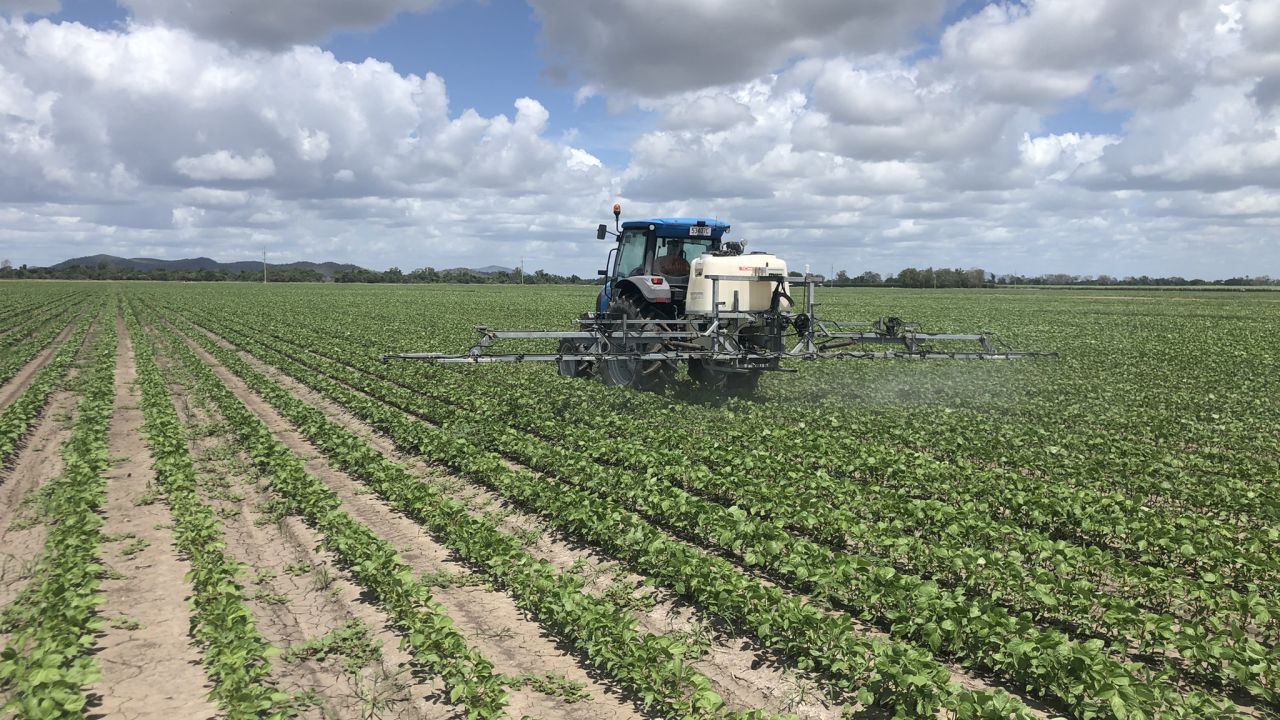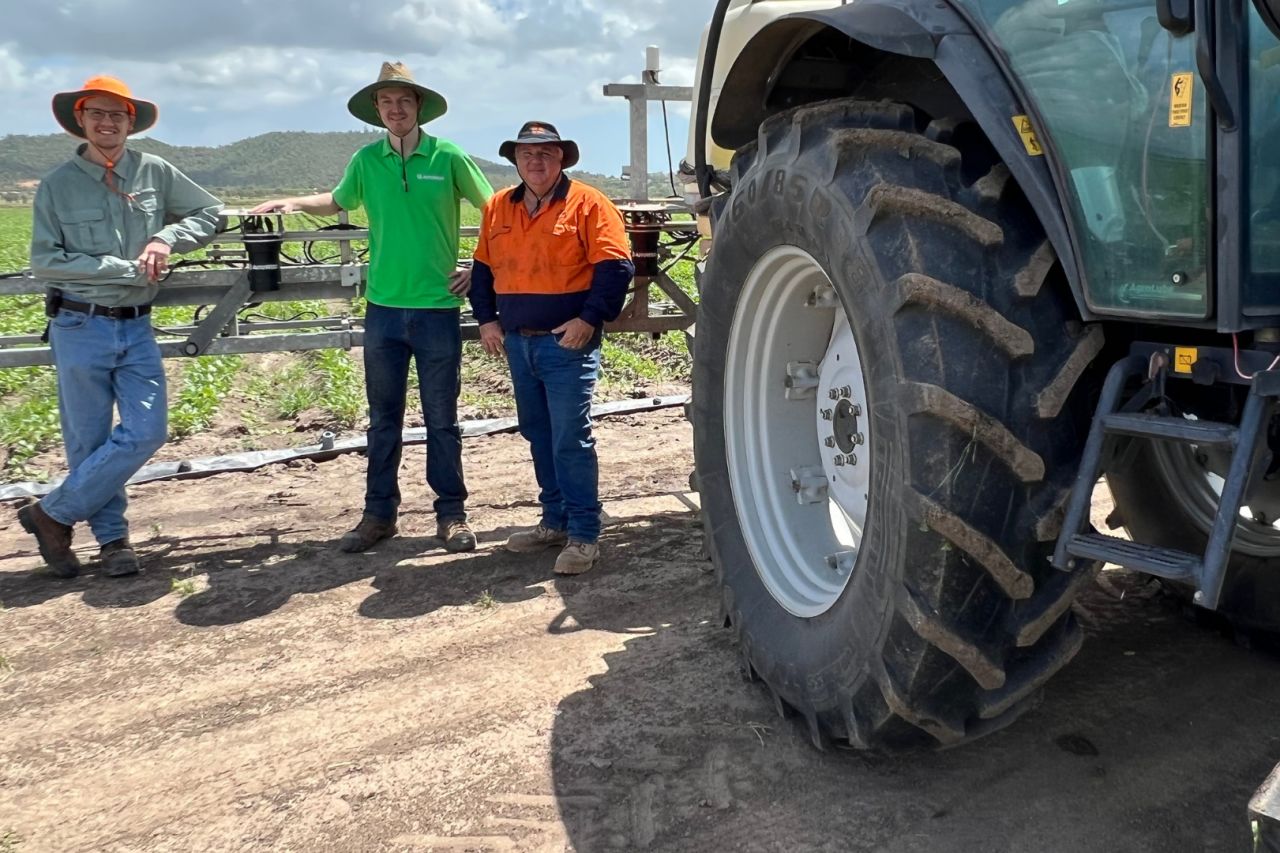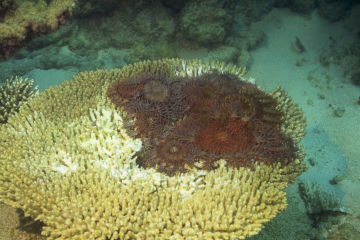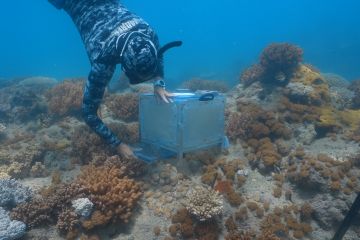News ·
AI to improve Reef water quality by reducing herbicide use on farms

A smart robot that detects and sprays weeds on sugarcane farms has proven to be highly effective at eliminating weeds and significantly reducing herbicide use, preventing toxic chemicals from flowing onto the Reef.
Townsville-based tech firm AutoWeed partnered with James Cook University and Sugar Research Australia to design the weed detection and spraying system that uses deep learning techniques to detect and spray weeds without hitting sugarcane.
Recent trials show it is 95 percent as effective as conventional blanket spraying methods, but with significantly lower volumes of chemical herbicide entering waterways and washing out to the Reef.
AutoWeed managing director Alex Olsen says: “Being local to north Queensland, we’re pretty cognizant of the Reef. We’re happy to be able to contribute our artificial intelligence solutions and see them having a positive impact. The application of technology that reduces herbicide usage has a two-fold benefit for the environment and the economy.”

AutoWeed's Jake Wood (left) and Alex Olsen (centre) with Terry Granshaw of Sugar Research Australia and the smart robot. Credit: Sugar Research Australia
How do herbicides impact water quality on the Reef?
Herbicides and pesticides present a high risk to estuarine, seagrass and freshwater ecosystems within the Great Barrier Reef region and are a key pollutant we're working to reduce within our water quality programs.
Although the risk posed by herbicide and pesticide usage has dropped significantly in recent decades, they have been detected in Great Barrier Reef ecosystems at concentrations high enough to affect some plants and animals.
“The Australian agricultural sector is one of the largest users of herbicides in the world,” says Olsen. “It is really the test case for this type of technology, which reduces herbicide usage by detecting and targeting weeds using innovative technology.”
How does AutoWeed technology work?
AutoWeed is an agricultural technology company that specialises in artificial intelligence. AutoWeed’s smart spot spraying system uses the latest advances in deep learning, machine vision and robotics to detect and spray weeds.
High-resolution cameras are fitted on a vehicle that takes pictures while travelling across a paddock at up to 8 kilometres per hour. An algorithm developed by the team then processes hundreds of thousands of images to learn how to accurately detect a particular weed.
Once the algorithm can accurately detect the weed in real time, the machine can use spraying units to target a detected weed and release just enough herbicide to manage the infestation.
The smart robot spot spraying weeds during trials. Credit: Sugar Research Australia
What’s next?
This technology could be used to help farmers detect and address a range of threats.
Olsen says: “If you can get these high-resolution cameras on the back of farmers’ vehicles, there’s no end to the things you can detect and take action on to improve the daily operations and reduce the environmental impact of farming.”
The deep learning technology makes AutoWeed’s system flexible and capable of collecting important information about crop growth and yield, as well as detecting insects and other pests for early intervention.
JCU senior lecturer and project manager Mostafa Rahimiazghadi says the technology for detecting and spraying weeds still needs some work, but the potential of this technology for achieving improved water quality across the Reef are huge.




